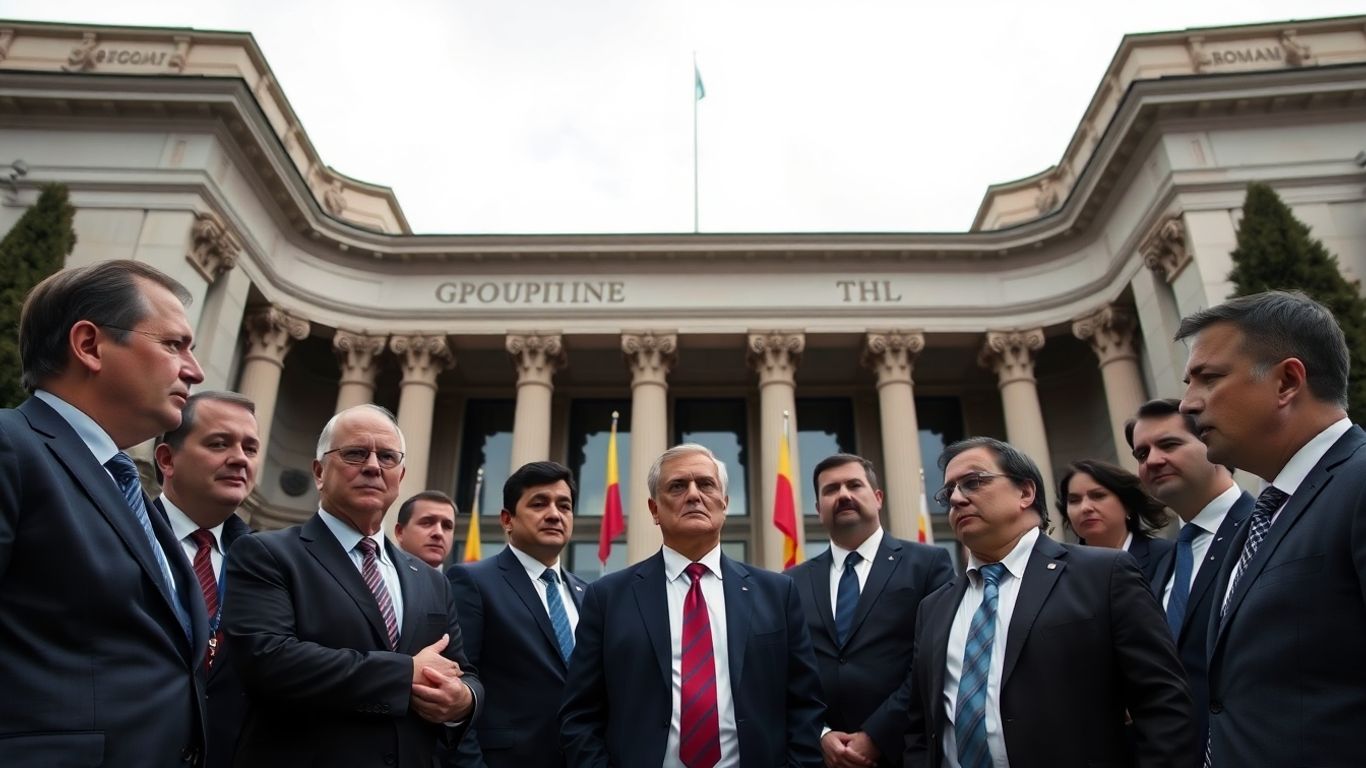Romania’s recent fiscal reforms have ignited intense debate, with leading business organizations warning that the government’s decision to retain the minimum turnover tax could hamper investment and economic growth. The controversy comes as policymakers strive to balance budgetary needs with fostering a stable business environment.
Key Takeaways
- Romania’s minimum turnover tax (IMCA) applies to companies with annual revenues above EUR 50 million.
- Business associations argue the tax deters investment and yields lower-than-expected revenues.
- Calls intensify for structural reforms over short-term tax hikes to achieve fiscal targets.
Background Of The Minimum Turnover Tax
Introduced through Law 296/2023, the IMCA was designed as a budget-boosting measure targeting large companies with significant turnovers. The tax generally sets a minimum floor—typically 1% of adjusted turnover—for corporate contributions, differing slightly for sectors like banking and energy. Although initially suggested as a temporary fix, authorities chose to preserve the measure in their latest package of fiscal reforms, sparking protests from the business community.
Business Community Pushback
A coalition of powerful business groups—including both domestic and international entities—have jointly called for the elimination of the IMCA. Their central arguments include:
- Investment Deterrence: The tax is seen as creating uncertainty and dissuading both local and foreign investment.
- Competitiveness Risks: By taxing turnover rather than profit, the IMCA is perceived to undermine Romania’s competitiveness and align poorly with established international tax norms.
- Disappointing Revenue Impact: Official data show collections of just 1.2 billion lei, far below the estimated 6 billion lei, undermining the case for the tax’s effectiveness.
Concerns About Economic Policy Consistency
Business leaders highlight the dangers of inconsistent and rapidly changing fiscal policies. Abrupt reversals—such as reintroducing the IMCA after initially planning to replace it—are said to increase risk perceptions for investors, making Romania less attractive for capital and business expansion.
They urge policy makers to achieve fiscal consolidation through sustainable measures, including:
- Streamlining government expenses
- Improving tax collection systems
- Advancing the digitization of public administration
Calls For Structural Reform, Not Quick Fixes
The coalition insists that reaching Romania’s deficit target (below 3% of GDP by 2030) requires more than higher taxes. Sustainable economic growth, they argue, depends on fostering a thriving business landscape, not imposing new fiscal burdens. The business leaders advocate for:
- Political consensus on structural reforms
- Reduced administrative uncertainty for investors
- An end to temporary taxation policies that threaten growth and stability
The Road Ahead
While government priorities focus on closing budget gaps, the private sector maintains that long-term prosperity hinges on an investment-friendly environment and policy predictability. Dialogue and cooperation between business organizations and authorities are seen as critical to crafting effective solutions that promote both fiscal responsibility and economic vitality.






